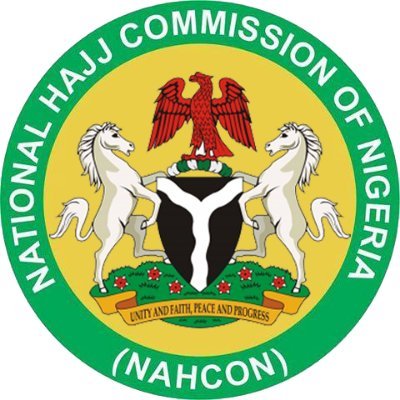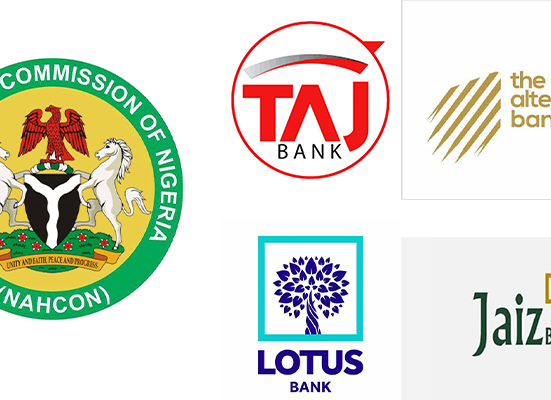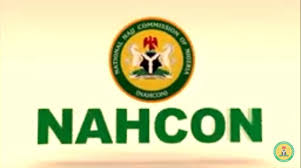In what appears to be a strategic move aimed at enhancing efficiency and operational effectiveness, the National Hajj Commission of Nigeria (NAHCON) has approved a slight reorganisation within its workforce. This development comes on the heels of the Board’s 14th statutory meeting, which held between August 26 and 27, 2025, in Abuja.
According to reliable sources within the commission, the restructuring—though minor in scope—is part of broader institutional reforms aimed at repositioning NAHCON for improved service delivery ahead of the 2026 Hajj exercise. It was gathered that the Board, after careful deliberation, resolved to implement several administrative adjustments intended to align the commission’s operations with international best practices, especially in pilgrimage management.
The commission, which is statutorily responsible for coordinating and supervising Hajj operations for Nigerian pilgrims, has faced increasing pressure to modernise its internal processes and enhance transparency. Insiders disclosed that the Board’s recent decisions reflect a proactive stance toward institutional renewal and a readiness to tackle long-standing bureaucratic bottlenecks.
While full details of the reshuffle are yet to be officially released, a senior official confirmed that the changes will affect select departments critical to Hajj logistics, pilgrim welfare, and regulatory oversight. The reforms are also expected to come with renewed performance benchmarks and clearer reporting lines for top officials within the commission.
In line with the Board’s directive, the implementation of these changes will commence immediately, with the expectation that all affected departments will ensure seamless transition without disruption to ongoing preparations for next year’s pilgrimage.
The Chairman of the Commission, Alhaji Jalal Ahmad Arabi, is said to have reiterated the Board’s commitment to accountability and organisational excellence, urging all staff members to key into the reform process. He stressed that the move is not punitive but intended to streamline operations and foster a culture of meritocracy and professional discipline within the agency.
Observers believe this latest move by the commission may set a new tone for how Hajj operations are managed in Nigeria going forward, especially in light of recent calls from stakeholders for more efficiency, transparency, and digitalisation in service delivery.
As the countdown to the 2026 Hajj begins, attention will now shift to how effectively NAHCON implements these changes and whether they will translate into tangible improvements for Nigerian pilgrims and Hajj stakeholders at large.



